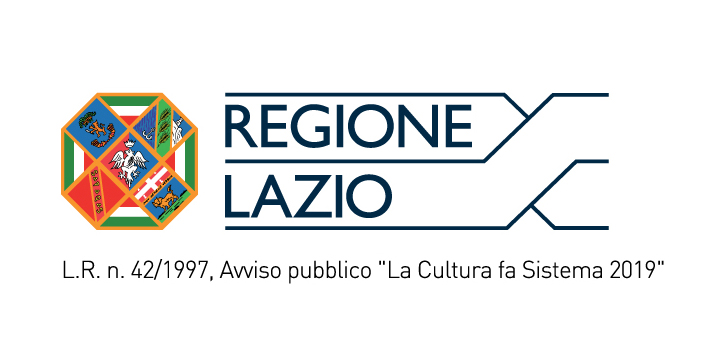In the world of business, maintaining strong and mutually beneficial relationships is crucial for long-term success. One significant aspect of fostering positive business relationships is the establishment of company collective agreements. These agreements not only dictate the terms and conditions of employment but also play a vital role in shaping the working dynamics between employers and employees.
A company collective agreement, as described in this link, is a legally binding contract that outlines the rights and obligations of both parties. It serves as a foundation for fair and harmonious working conditions, ensuring that all individuals involved are treated equitably. By addressing various aspects such as wages, benefits, working hours, and dispute resolution processes, company collective agreements provide stability and structure within an organization.
In order to reach a company collective agreement, negotiation processes between management and unions take place. These negotiations involve discussions and deliberations to achieve a mutually agreeable outcome. This link provides a comprehensive description of the negotiation process, illustrating the intricate steps involved.
The negotiation process starts with both parties identifying their interests and desired outcomes. Management and union representatives then engage in discussions, with each side presenting their proposals and concerns. Through dialogue, compromise, and sometimes mediation, an agreement that takes into account the needs and goals of both parties is eventually reached.
However, there are instances when breach of agreement occurs, leading to legal complexities. As discussed in this article, breach of agreement can potentially be regarded as a tort, resulting in legal consequences for the party at fault. Understanding the legal implications of breaching agreements is crucial for all parties involved.
Aside from company collective agreements, other types of agreements also impact businesses and individuals. For instance, a money partner agreement serves as a contract between individuals or companies engaged in a financial partnership. This agreement outlines the roles, responsibilities, and terms of the partnership, including the distribution of profits and losses. To learn more about money partner agreements, visit this website.
Furthermore, labor-only contracting kahulugan, a term commonly used in the Philippines, pertains to an arrangement where a contractor only provides labor services to a principal employer. The contractor does not supply the necessary tools and equipment, making them solely responsible for the labor aspect. To gain a better understanding of labor-only contracting kahulugan, visit this informative link.
In recent times, there has been a growing push to ban non-disclosure agreements. These agreements, as discussed in this article, restrict individuals from sharing certain information or discussing specific topics. Critics argue that such agreements can be used to cover up wrongdoing or prevent victims from seeking justice. Efforts to ban non-disclosure agreements highlight the importance of transparency and accountability in various sectors.
Business relationships can also be affected by disagreements, as seen in the Knicks-Spike Lee controversy. The disagreement between the renowned filmmaker and the New York Knicks basketball team is a prime example of how disputes can arise even in well-established relationships. To learn more about the Knicks-Spike Lee disagreement, read this intriguing article.
In addition, joint tenancy agreement relationship breakdowns can have significant consequences for individuals cohabiting. When disputes or conflicts arise within joint tenancy agreements, it is crucial to understand the legal rights and obligations of each party. For more information on joint tenancy agreement relationship breakdowns, refer to this comprehensive resource.
Lastly, the global community has been actively working towards reaching an agreement on Article 6 of the Paris Agreement. This article focuses on international cooperation in addressing climate change through market and non-market approaches. To stay informed about the progress and implications of the agreement on Article 6, visit this website.
It is undeniable that agreements, negotiations, and the legal frameworks surrounding them play a pivotal role in shaping business relationships and ensuring fairness and clarity. By understanding the impact and intricacies of these agreements, individuals and organizations can navigate potential challenges and foster prosperous partnerships.


